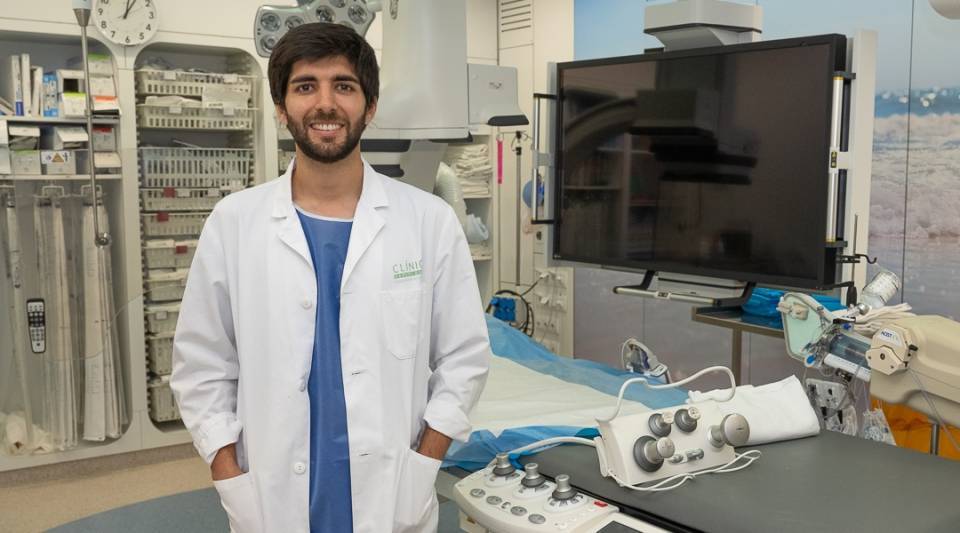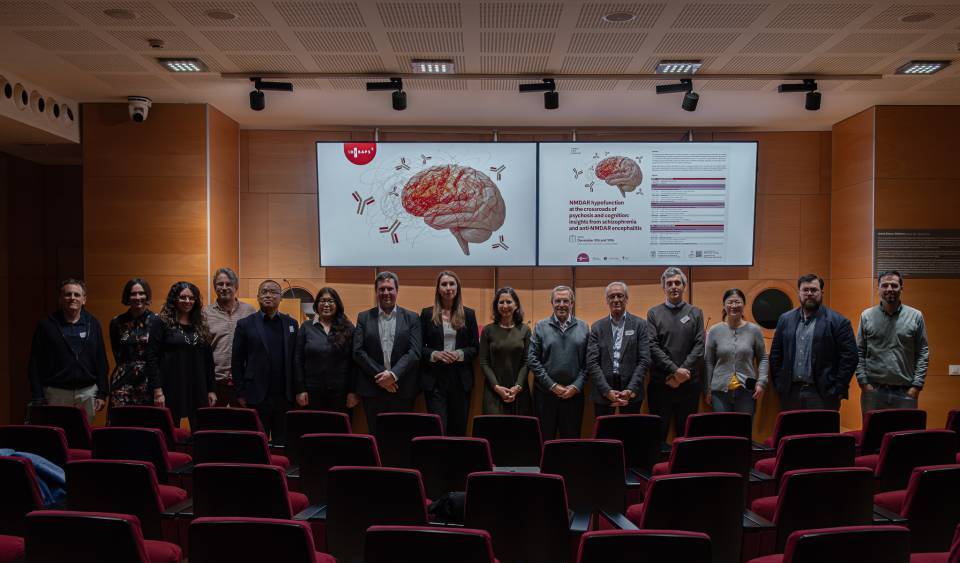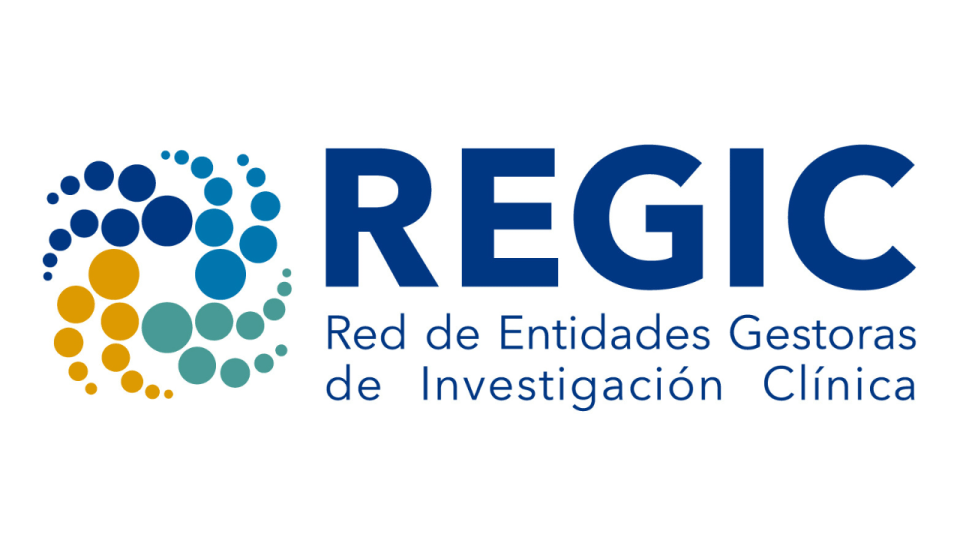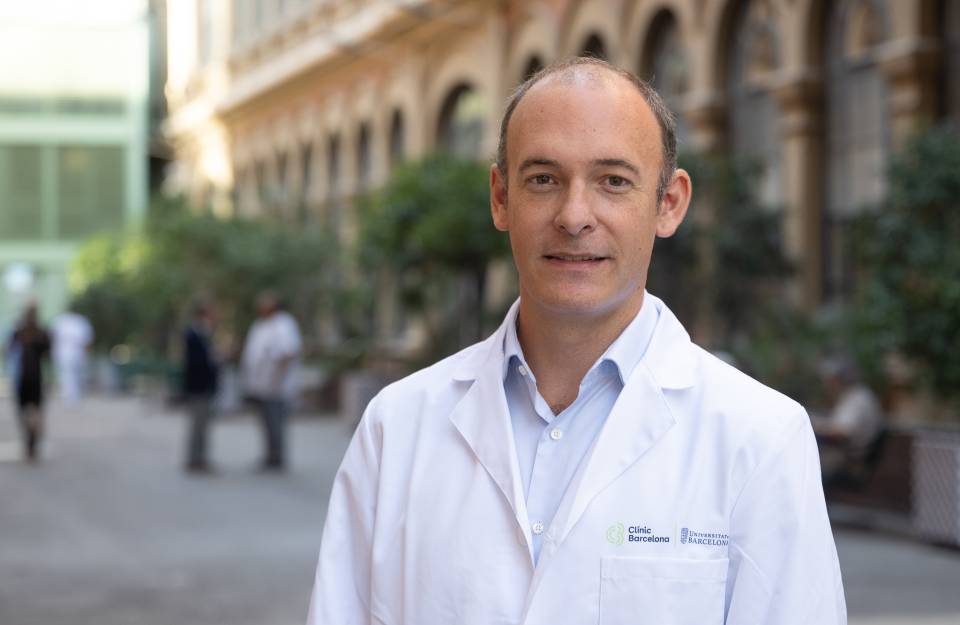The grants awarded by the Daniel Bravo Andreu Private Foundation aim to stimulate biomedical high academic impact research—both clinical and social—in Catalonia, and mainly in the field of cardiovascular imaging and non-invasive diagnostic techniques. This year, the Foundation has awarded three grants for short stays at prestigious centres abroad, to researchers at three Catalan centres. The grant recipients include, Dr. Pedro Luis Cepas, specialist in cardiology at the Hospital Clínic Barcelona and researcher in the IDIBAPS Atherosclerosis, coronary disease and heart failure research group.
Improving the treatment of atrial fibrillation
The objective of Dr. Pedro Luis Cepas’ project is to find out whether a better selection of patients with atrial fibrillation could increase the efficacy and safety of the treatment through left atrial appendage closure. “Despite the progress this treatment represents, there are still questions to be answered. We need to broaden our knowledge of which patients benefit most from the procedure, as well as the complications and the management of the latter, in order to increase the efficacy and safety”, explains Pedro Luis Cepas.
Cepas chose to spend nine months at the Quebec Heart and Lung Institute (IUCPQ), Canada’s leading cardiology centre, to carry out his project. “This grant is a unique opportunity for my future and for the future of the research group in which I work, since we have the chance to create a connection with a world-class centre such as IUCPQ and to take our research in a more innovative and productive direction”, he adds.
The most common arrhythmia
Atrial fibrillation, which is the most common type of cardiac arrhythmia, is a pathology characterized by an irregular heart rhythm and causes the formation of blood clots, which can lead to a stroke. Anticoagulant medications are the main treatment given for atrial fibrillation, but many patients cannot take them due to the risk of bleeding. The alternative is percutaneous left atrial appendage occlusion. Because of the ageing of the population, more and more patients will have to undergo this procedure, so projects like Dr. Cepas’ are essential in order to continue research in this area.




